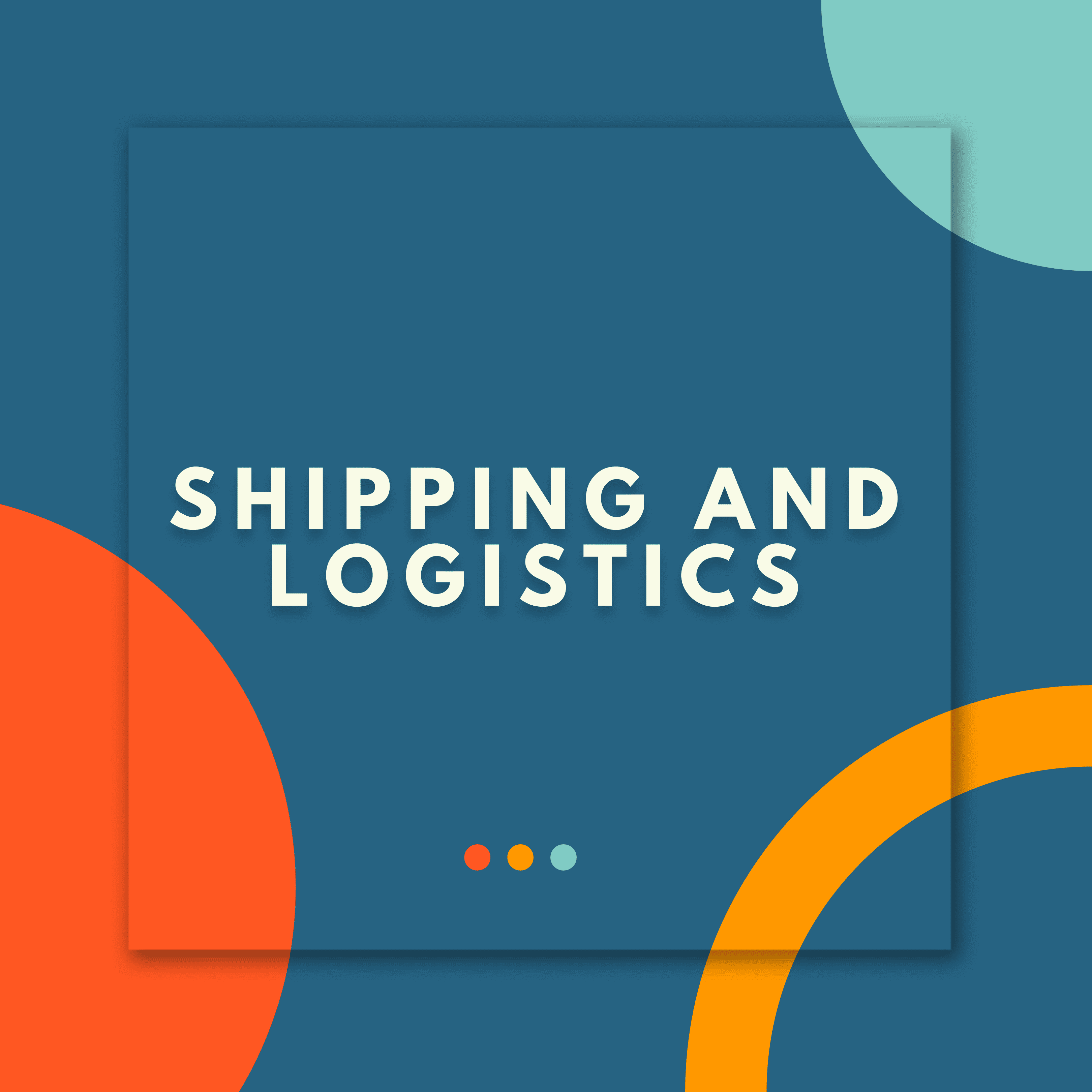Shipping and Logistics
Logistics outsourcing is when a company hires a third-party provider to manage various parts of their supply chain operations. These providers, also known as 3PLs, can handle warehousing, inventory management, fulfilment services, shipping and freight forwarding, and even reverse logistics.



Outsourcing logistics is when a company uses an external provider (aka a third-party) to handle various supply chain functions.
These can include a mix of shipping, storing, packing and/or delivering a company’s physical goods, from raw materials all the way to the finished product.
The terms “outsourced logistics” and “third-party logistics” are roughly interchangeable — they refer to the same thing.
Shipping and Logistics Business Process Outsourcing (BPO) is a strategic business practice where companies in the shipping and logistics industry delegate specific operational tasks and processes to external service providers. In the context of Shipping and Logistics BPO, these tasks may include freight documentation, order processing, customs documentation and compliance, shipment tracking, inventory management, and other logistics-related functions.
Key aspects of Shipping and Logistics BPO include:
- Freight and Order Processing: Outsourcing tasks related to the processing of freight orders, managing shipping documentation, and ensuring timely and accurate order fulfillment.
- Shipment Tracking: Leveraging BPO services for real-time tracking and monitoring of shipments, ensuring visibility across the supply chain.
- Customs Documentation and Compliance: Outsourcing the preparation of customs documentation, ensuring compliance with international trade regulations, and facilitating smooth cross-border movements.
- Inventory Management: Delegating tasks related to warehousing, inventory tracking, and order fulfillment to optimize stock levels and minimize operational costs.
- Technology Integration: Utilizing BPO partners with advanced technologies and data analytics to enhance operational efficiency, optimize routes, and improve overall supply chain visibility.
By outsourcing these functions to specialised BPO providers, shipping and logistics companies can benefit from cost savings, increased flexibility, access to advanced technologies, and the ability to focus on core business activities. Shipping and Logistics BPO plays a crucial role in streamlining processes, improving accuracy, and ensuring the smooth movement of goods across the global supply chain.


